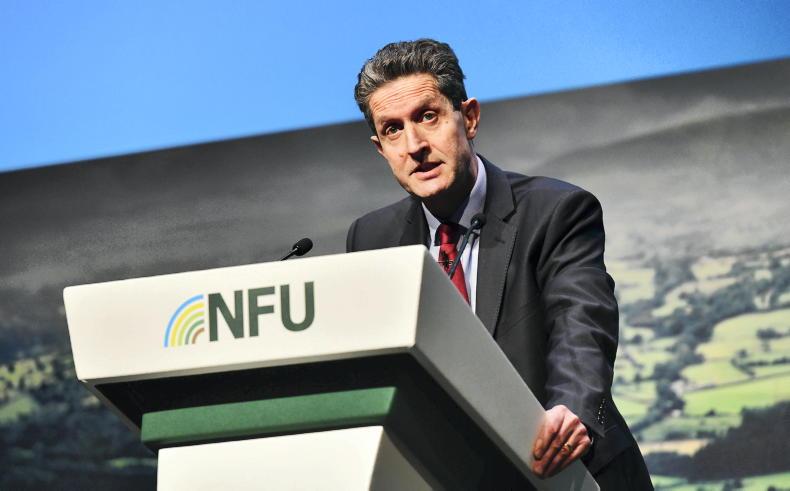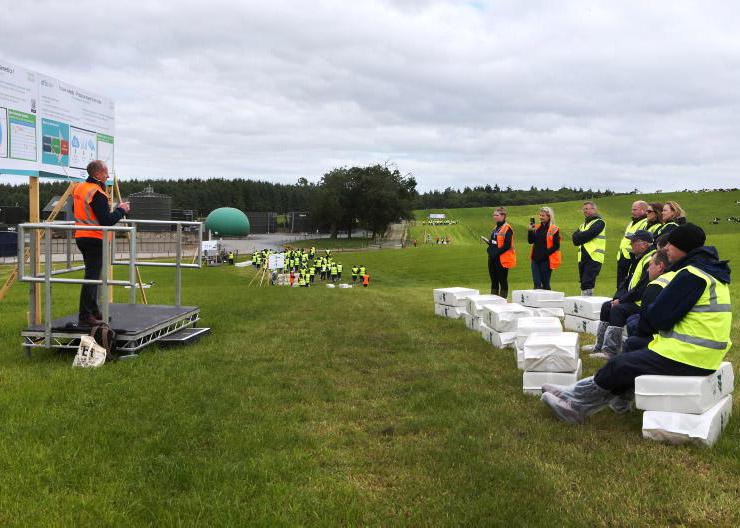Scientists agree that the global warming effect of livestock farming is currently being overstated, a leading UK climate scientist has said.
Professor Myles Allen believes that the current system used for measuring greenhouse gases does not accurately reflect the short atmospheric lifespan of methane.
“The science is not debated. We know how methane behaves. We’ve known it for decades. What is still contested is essentially ‘what do we want to measure’,” Allen said.
The University of Oxford scientist points out that there is an important difference between measuring the carbon emissions of something and measuring its effect on global temperatures.
Measurement
“Some people argue we should continue measuring the traditional carbon footprint because that is what everyone is used to and that’s what emission trading systems and so on are designed around,” he said.
Allen maintains that a new system should be used which more accurately reflects the different atmospheric lifespan, and therefore global warming effect, of different greenhouse gases.
“There is plenty of opposition to the change but there is no real argument around the science about how methane behaves,” he said at an Oxford Farming Conference event.
It doesn’t make sense to continue to use a system of accounting that doesn’t reflect what we are trying to do, which is stop global warming
However, Allen said that he was “convinced” policymakers will eventually stop talking about net zero emissions and will instead aim for net zero warming.
“It doesn’t make sense to continue to use a system of accounting that doesn’t reflect what we are trying to do, which is stop global warming,” he said.
This approach would be much more favourable for a country’s agriculture sector, as long as its methane emissions are stable or declining.
“This could potentially be a make or break issue for ruminant farmers in the UK and Europe as agriculture is brought into climate policy,” Allen said.









SHARING OPTIONS